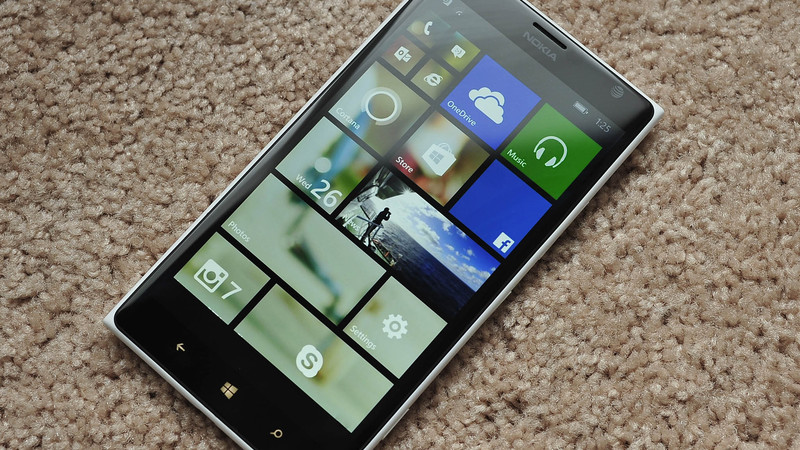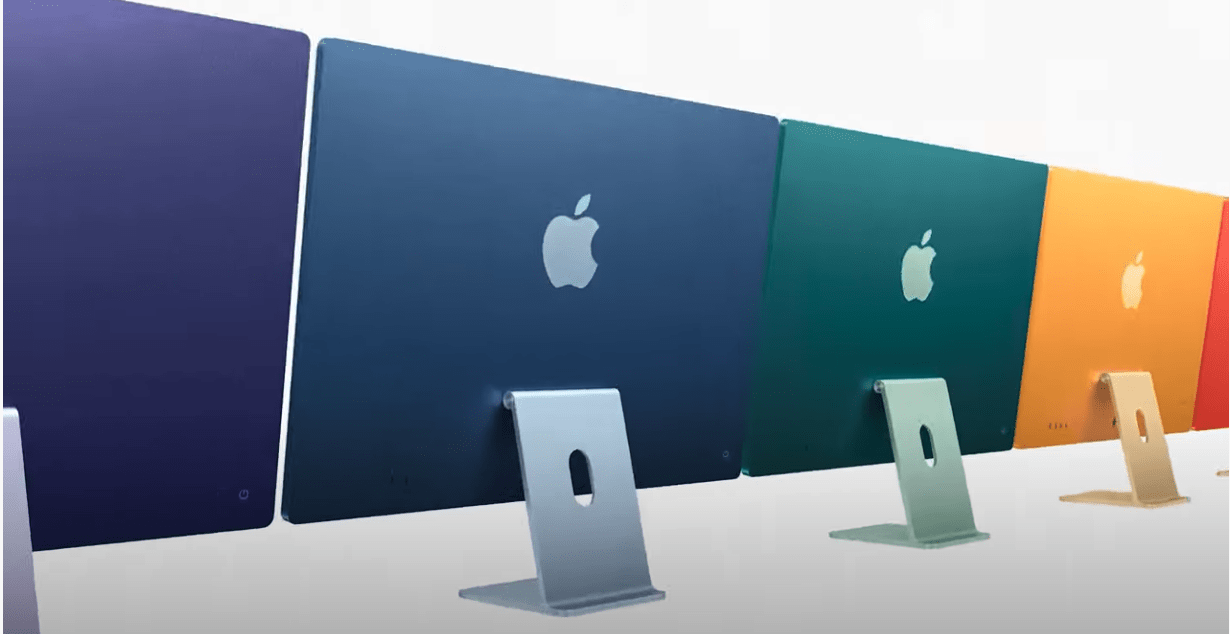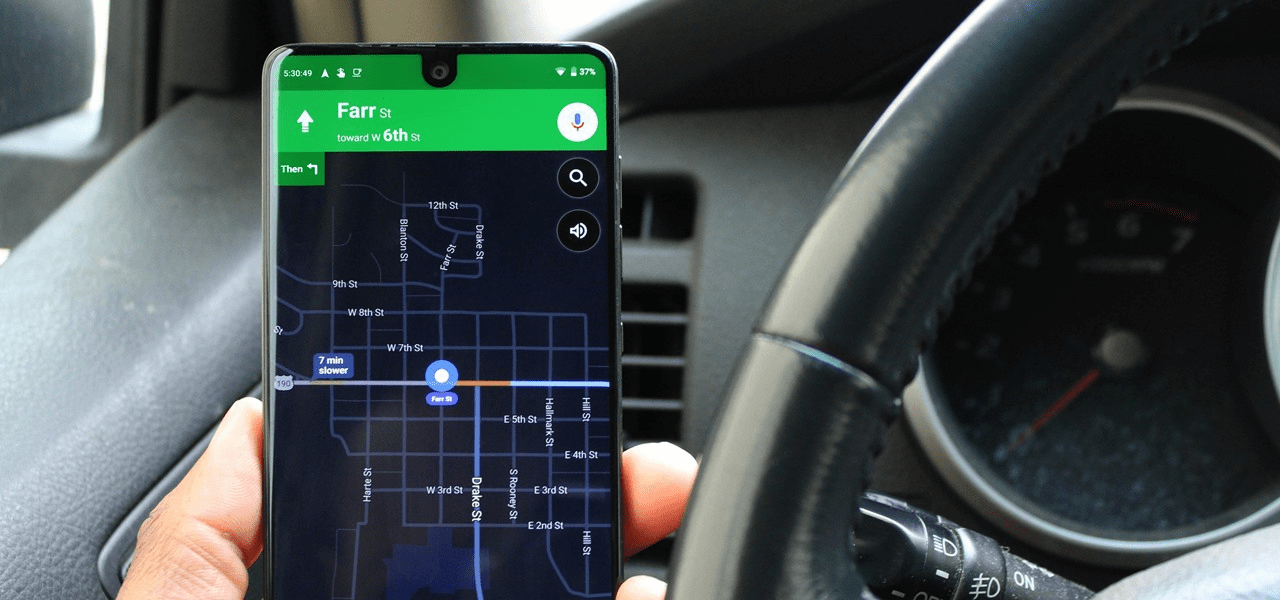
Microsoft may have plans to restore its mobilephone business later on, however for the time being, it has had enough of it. Today, the organization is authoritatively finishing help for Windows Phone 8.1, the most prevalent version of its mobile operating system.
The finish of help for Windows Phone 8.1, which as per estimates keep running on more than 80 percent of Windows Phone handsets, means that the organization won’t be pushing any kind of updates – security patches, bug fixes, or something else. Going ahead, people who stick around with a handset running 8.1 or older version will be left all alone – unless their handset is qualified for a product refresh.
It ought to be brought up that a handful of handsets – including Lumia 1520, Lumia 930, Lumia 830, and Lumia 735 – running Windows Phone 8.1 Denim update were slated to get Windows 10 Mobile, however the previously mentioned estimates recommend either most mobilephones haven’t gotten the new programming, or people are essentially not updating.
Support for more older versions like Windows Phone 8 and Windows Phone 7.x finished in January, 2016 and October, 2014 separately.
The end of Windows Phone takes after a few popular applications including WhatsApp discarding a few adaptations of Microsoft’s mobile operating system in the past two years. Note-taking application Evernote removed its application from the Windows Phone Store prior this month.
Obviously a few popular mobile applications either never landed on Windows Phone, or the organizations never at any point put as much effort in keeping up their applications for the stage in any case. Microsoft itself pulled LinkedIn application from the Windows Store a month ago, after not updating it for quite a long time.
Indeed, even as a large number of user’s – if not increasingly – will keep on using Windows 10 Mobile, it has turned out to be obviously evident that Microsoft has formally given as Windows Phone, previously known as Windows Mobile, an about decade-old push to battle Android and iOS and make an imprint in the mobile market. With Microsoft stopping on Windows Phone, BlackBerry surrendering BBOS, Mozilla murdering Firefox OS, no one is truly setting up a battle to break Android and iOS’ duopoly, which is not extraordinary news for customers.
A year ago, CEO Satya Nadella conceded that the organization had “clearly missed the smartphone,” including that he was presently more centered around developing new classes. Under the authority of Nadella, Microsoft has experienced significant changes, one of which is making its applications and administrations accessible on equal stages. Microsoft is currently going where users are, a takeoff from the “Windows all over the place” strategy of Steve Ballmer’s Microsoft.







